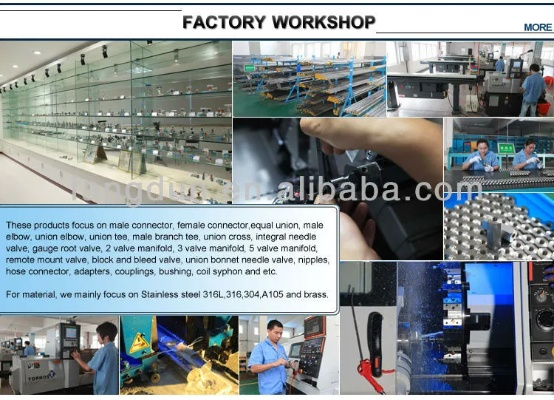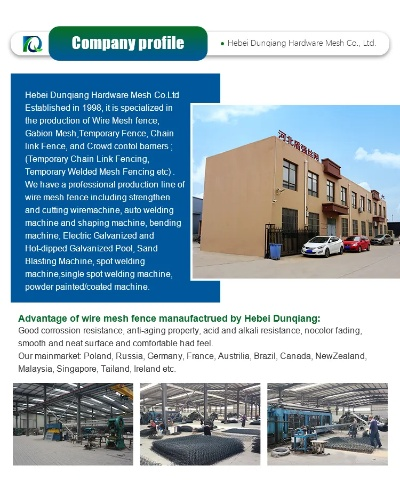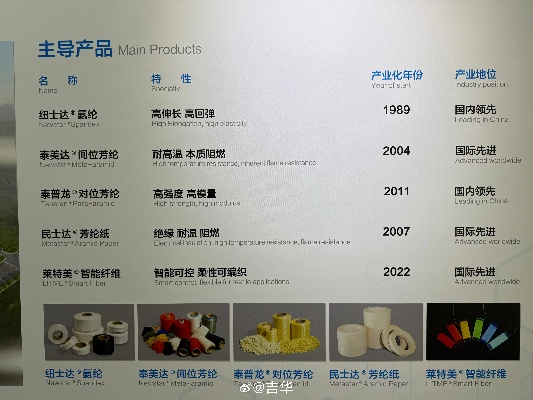Strategies for Optimal Textile Factory Management
Introduction: In today's competitive global market, textile factories are facing numerous challenges to maintain their efficiency and profitability. Proper management strategies are essential to ensure the smooth functioning of a factory, maximizing productivity, and minimizing waste. This guide aims to provide an overview of effective management practices for textile factories, including key areas such as production planning, quality control, inventory management, and human resources. By implementing these strategies, textile factories can enhance their competitive edge and achieve long-term success.
Production Planning: Effective production planning is crucial for textile factories. It involves forecasting demand, determining production capacity, and allocating resources accordingly. A table below illustrates some of the key factors that need to be considered in production planning:
| Factor | Description | Importance |
|---|---|---|
| Customer Demand | Understanding customer needs and preferences | High |
| Production Capacity | Determining the maximum output per day or week | Medium |
| Resource Availability | Assessing raw materials, labor, and equipment availability | Medium |
| Market Trends | Analyzing industry trends and forecasting future demand | Low |
To implement effective production planning, textile factories should regularly analyze market data and customer feedback to adjust production levels accordingly. They should also consider seasonal fluctuations in demand and plan ahead accordingly.
Quality Control: Quality control is critical in ensuring that textile products meet customer expectations and avoid costly defects. A table below outlines some of the key steps involved in quality control:

| Step | Description | Importance |
|---|---|---|
| Material Testing | Conducting initial inspections on raw materials | High |
| Process Checks | Ensuring that each stage of the production process is executed correctly | Medium |
| Quality Audits | Conducting regular audits to identify any quality issues | High |
| Rework | Fixing defective products before they reach the final product | Low |
To improve quality control, textile factories should invest in advanced testing equipment and employ trained staff who understand the importance of quality control. They should also establish strict standards for product inspection and provide training to employees on how to identify and address quality issues.
Inventory Management: Effective inventory management is essential for textile factories to minimize waste and ensure timely delivery of orders. A table below outlines some of the key aspects of inventory management:
| Area | Description | Importance |
|---|---|---|
| Inventory Tracking | Keeping track of all inventory levels and changes | High |
| Order Fulfillment | Meeting customer orders within specified time frames | Medium |
| Overstock/Understock | Managing excess or insufficient inventory levels | Medium |
| Supplier Collaboration | Working closely with suppliers to optimize inventory levels | Low |
To improve inventory management, textile factories should implement a system for real-time tracking of inventory levels and changes. They should also establish clear order fulfillment schedules and work with suppliers to ensure that inventory levels are optimized. Additionally, factories should consider adopting technology solutions such as automated inventory systems to streamline the inventory management process.
Human Resources: Effective human resources management is crucial for maintaining a motivated and skilled workforce. A table below outlines some of the key factors involved in human resources management:
| Factor | Description | Importance |
|---|---|---|
| Staff Training | Providing ongoing training and development opportunities | High |
| Workforce Mobility | Ensuring that staff can move between different departments or roles if necessary | Medium |
| Compensation & Benefits | Offering competitive compensation and benefits to attract and retain top talent | High |
| Workplace Culture | Creating a positive work environment that fosters collaboration and innovation | Low |
To improve human resources management, textile factories should invest in training programs that focus on skills development and job satisfaction. They should also establish policies that promote workplace flexibility and encourage employee participation in decision-making processes. Additionally, factories should consider offering competitive compensation packages and benefits to attract and retain top talent.
Conclusion: Effective management strategies are essential for textile factories to remain competitive in today's market. By implementing production planning, quality control, inventory management, and human resources management practices, factories can enhance their productivity, minimize waste, and deliver high-quality products to customers. The key is to constantly monitor and evaluate these strategies and make adjustments as needed to adapt to changing market conditions and customer demands. With the right management approach, textile factories can achieve sustainable growth and success in the long run.
随着全球纺织业的快速发展,纺织品工厂作为生产高质量产品的关键基地,其管理的重要性日益凸显,本篇将围绕纺织品工厂管理主题,通过英文口语化的方式展开讨论。
纺织品工厂管理的重要性
- 提高生产效率:通过科学、规范的管理,提高生产效率,降低生产成本,提高产品质量。
- 保障产品质量:良好的管理能够确保原材料的质量,减少不良品率,提高客户满意度。
- 提升企业竞争力:优质的管理能够提升企业的品牌形象和市场占有率。
纺织品工厂管理的主要内容
人员管理

- 招聘与培训:选拔合适的人才,提供必要的培训,确保员工具备必要的技能和知识。
- 绩效考核:定期进行绩效考核,激励员工,提高工作积极性。
- 员工培训与发展:为员工提供职业发展机会,鼓励员工学习新知识、新技能。
设备管理
- 设备采购与维护:根据生产需求,合理采购设备,并定期进行设备维护,确保设备正常运行。
- 设备保养计划:制定设备保养计划,确保设备始终保持良好的工作状态。
- 设备更新与升级:根据技术发展,及时更新设备,提高生产效率。
供应链管理
- 供应商选择与评估:选择可靠的供应商,进行严格的供应商评估,确保原材料的质量和供应稳定性。
- 库存管理:合理控制库存水平,避免库存积压和浪费。
- 物流优化:优化物流流程,提高物流效率,降低成本。
案例分析
以某纺织品工厂为例,介绍其纺织品工厂管理的一些具体做法和成效。
人员管理案例分析
该纺织品工厂在人员管理方面采取了以下措施:建立了完善的招聘制度,选拔了一批高素质的员工;提供全面的培训计划,确保员工具备必要的技能和知识;建立了绩效考核体系,激励员工提高工作积极性;为员工提供职业发展机会,鼓励员工学习新知识、新技能,通过这些措施,该工厂的人员管理水平得到了显著提升,员工的工作积极性和生产效率也得到了提高。
设备管理案例分析
该纺织品工厂在设备管理方面采取了以下措施:根据生产需求,合理采购了一批先进的设备;制定了详细的设备维护计划,定期进行设备维护;建立了设备更新机制,及时更新设备,提高生产效率,通过这些措施,该工厂的设备管理水平得到了显著提升,设备的运行效率和生产质量也得到了提高。
总结与展望
纺织品工厂管理是确保产品质量和生产效率的重要手段,在纺织品工厂管理中,需要注重人员管理、设备管理和供应链管理等方面的工作,还需要不断优化管理流程,提高管理效率和质量,纺织品工厂管理需要更加注重智能化、信息化和精细化等方面的提升,以提高企业的竞争力和市场占有率。
Articles related to the knowledge points of this article:
The Fabric of Innovation:An Overview of Xuxuan Textiles
The Evolution and Present State of Huisheng Textiles
The Art of Warmth:An Insight into the World of Dōràn Wénzhì
Exploring the Global Influence of Qinghai Textiles:An In-Depth Analysis



